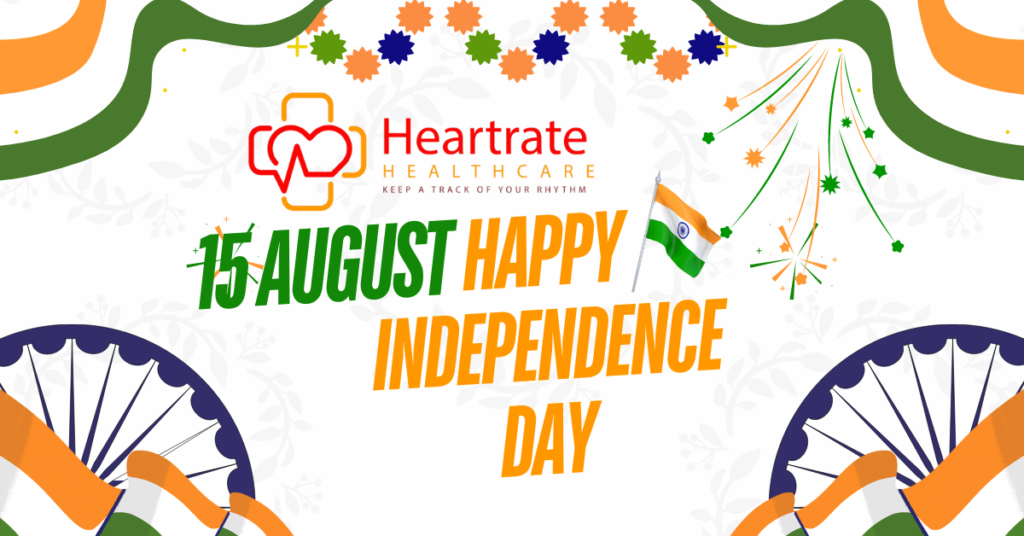Indian Independence Day, celebrated annually on August 15th, marks the day in 1947 when India gained freedom from British colonial rule after nearly 200 years of struggle. This day is a symbol of the sacrifices made by countless freedom fighters, who fought tirelessly to achieve sovereignty for the nation.
The celebration of Independence Day begins with the hoisting of the national flag by the Prime Minister at the Red Fort in New Delhi, followed by a nationwide broadcast of the Prime Minister’s speech. This speech reflects on the nation’s progress and the challenges that lie ahead. Across the country, the tricolor flag is raised in schools, government offices, and homes, accompanied by the singing of the national anthem.
Independence Day is also a time to honor the diversity and unity of India, a country with rich cultural, linguistic, and religious heritage. Various cultural programs, including patriotic songs, dances, and plays, are organized to celebrate the spirit of independence. Parades and processions take place in many cities, showcasing India’s military strength and achievements.
For many, this day is a reminder of the values of democracy, justice, and equality, which form the foundation of the Indian Republic. It’s a day to reflect on the country’s journey since independence and to renew the commitment to building a prosperous and inclusive nation. As India continues to grow and evolve, Independence Day remains a vital occasion to cherish the freedom and honor the legacy of those who made it possible.







Salaam India,
Your writing is so eloquent and heartfelt It’s impossible not to be moved by your words Thank you for sharing your gift with the world
I love how this blog celebrates diversity and inclusivity It’s a reminder that we are all unique and should embrace our differences
I love how your posts are both informative and entertaining You have a talent for making even the most mundane topics interesting
It’s always a joy to stumble upon content that genuinely makes an impact and leaves you feeling inspired. Keep up the great work!
Wow, I had never thought about it in that way before You have really opened my eyes to a new perspective Keep up the great work!
This is exactly what I needed to read today Your words have given me a new perspective and renewed hope Thank you
Your writing is so engaging and easy to read It makes it a pleasure to visit your blog and learn from your insights and experiences
Looking forward to your next post. Keep up the good work!
I’ve come across many blogs, but this one truly stands out in terms of quality and authenticity Keep up the amazing work!
I’m fascinated by how AI-powered translation tools are breaking down language barriers and facilitating global communication. While they’re not perfect, they’re making it easier for people from different cultures to connect and share ideas. This kind of technology truly brings us closer together as a global community.